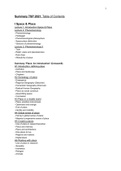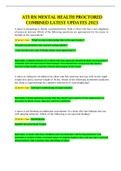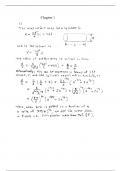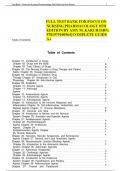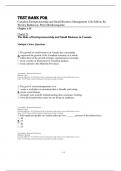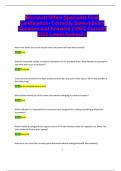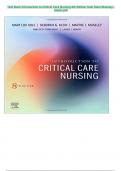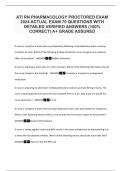Samenvatting
Theorising Spatial Practices 100% Summary: Lectures + Book 'Place: an introduction' + Articles + Policy Analysis and Institutionalism
- Instelling
- Radboud Universiteit Nijmegen (RU)
- Boek
- Place
Hey students, This summary took a long time to make, but it's so useful. It is so much material, so this will save you a lot of time. It consists of lectures, the book and articles. I didn't even have time to learn the summary and still got a 7 for my exam.
[Meer zien]
